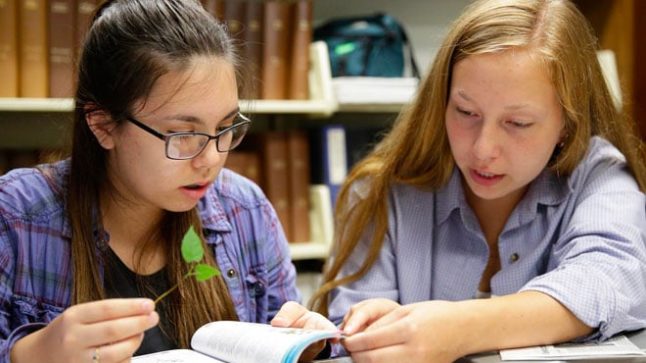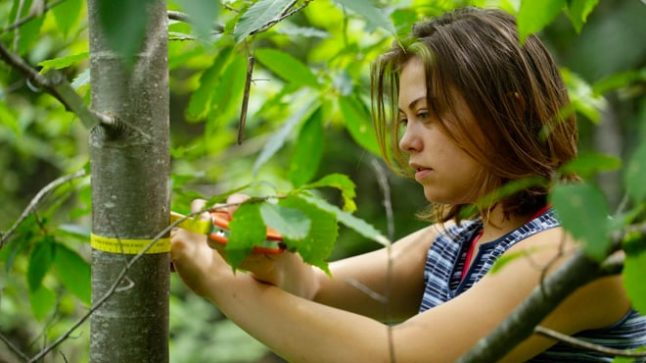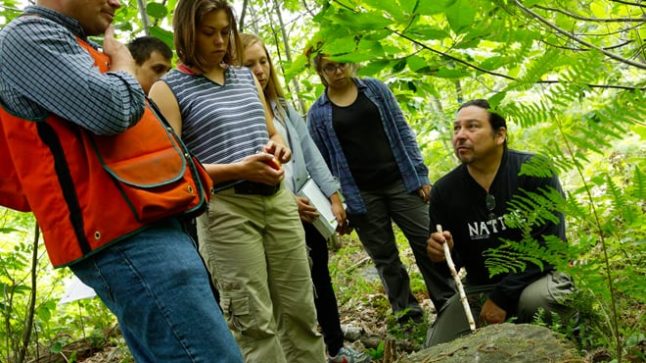Wabanaki Youth in Science (WaYS Program)
“Integrating Technology Science and Traditional Culture”
Wabanaki Youth in Science (WaYS) Program new website
The Summer of 2013, we held our first “earth” camp. Since that summer we have had annual earth camps at varying locations throughout the state of Maine. The primary focus of our camps is to connect Native youth with Cultural Knowledge Keepers and western science professionals. often on ancestral lands. These camps afford students an opportunity to understand the cultural heritage first-hand, acknowledge current environmental changes and learn ways forward to manage the lands to incorporate a broader and more holistic understanding of environmental stewardship.
There is no charge for this summer camp for Wabanaki students.
As a part of the “camp” experience and seeing a desire to continue the year-long connection with students, cultural knowledge keepers and natural resource professionals, we have initiated “mini-camps”. These seasonal activities (spring, summer, fall, winter) focus on one topic for a 2 1/2 day period. Younger students are encouraged to participate, as well as their parents, at the mini-camps to help ready them for the week-long earth camp when they are older. The melding of native culture and western knowledge is the thread throughout the mini-camps. These hands-on, outdoor programs engage all ages in the environmental and cultural experiences that connect the next generation to invest in their cultural heritage and legacy of environmental management and stewardship on tribal lands.
Research has shown that one key component to persistence in sciences for Native American students is the melding of the science AND culture into the curriculum. In particular the rich cultural heritage of the Wabanaki Tribes and their environment, lends itself well to melding these two vital criteria. It is also important to connect the next generation to continue their cultural heritage and legacy of environmental management and stewardship. This initiative looks at developing a long-term program to engage Wabanaki students (6-12 grades) through their cultural heritage and environmental legacy to encourage and promote persistence in sciences through college and into a career. It is the essence of knowledge to action and what will be paramount in developing a sustainable environmental program for the tribes.
This longitudinal connection is a three-pronged approach. The multi-prong approach includes:
WaYS in the News
Different cultures intersect in a Maine forest
WAYS in the News
Camp merges environmental science, traditional native culture
WaYS Internship
Apply today!




